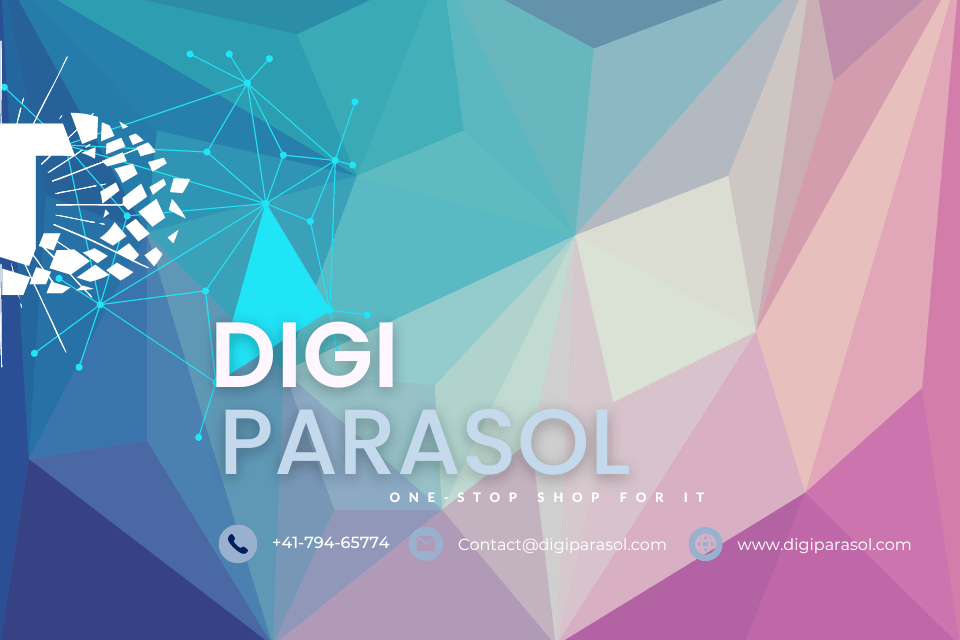In recent years, machine learning has emerged as a powerful tool in the field of personalized medicine. Personalized medicine, also known as precision medicine, is a medical approach that tailors healthcare decisions and treatments to individual patients based on their genetic makeup, environmental factors, and lifestyle choices. By utilizing machine learning algorithms, healthcare professionals can analyze large amounts of data to identify patterns and make more accurate predictions about disease risk, diagnosis, and treatment outcomes.
Machine learning algorithms, such as deep learning, support vector machines, and random forests, have shown promise in various aspects of personalized medicine, including biomarker discovery, drug development, and treatment optimization. These algorithms can analyze genomic data, clinical records, imaging studies, and other types of patient data to identify biomarkers that are associated with specific diseases or predict treatment response. By using machine learning, researchers and practitioners can develop more targeted therapies and improve patient outcomes.
One of the key advantages of machine learning in personalized medicine is its ability to learn from complex and heterogeneous datasets. Traditional statistical methods often struggle to handle large amounts of data with multiple variables, but machine learning algorithms can efficiently process this information and extract meaningful insights. This capability is particularly valuable in the context of personalized medicine, where patients may have unique genetic profiles, medical histories, and treatment responses that require a more tailored approach.
Machine learning is also being used to support the development of new drugs and therapies. By analyzing data from clinical trials, electronic health records, and biomedical literature, researchers can identify potential drug targets, predict drug interactions, and optimize drug dosages for individual patients. Machine learning algorithms can also be used to design personalized treatment plans that take into account a patient’s genetic variability, disease progression, and lifestyle factors.
In addition to drug development, machine learning is playing a crucial role in the field of oncology. Cancer is a complex disease with a wide range of genetic mutations and treatment responses, making it difficult to predict disease progression and choose the most effective treatment. By leveraging machine learning algorithms, oncologists can analyze genomic data from tumor samples, identify genetic biomarkers that are associated with specific cancer types, and predict patient outcomes based on personalized treatment plans.
Machine learning is also being used to improve diagnostic accuracy and disease monitoring in personalized medicine. By analyzing medical images, such as MRI scans, CT scans, and X-rays, machine learning algorithms can detect patterns and abnormalities that may indicate disease progression or treatment response. This technology can help radiologists and other healthcare professionals make more accurate diagnoses, monitor disease progression more effectively, and identify treatment options that are best suited to individual patients.
Despite its potential benefits, the use of machine learning in personalized medicine also presents several challenges. One of the main challenges is the need for high-quality, standardized data that can be used to train machine learning algorithms. Inaccurate or incomplete data can lead to biased predictions and unreliable results, so researchers and healthcare professionals must ensure that the data they use is of the highest quality.
Another challenge is the interpretation of machine learning results and the integration of these results into clinical practice. Healthcare professionals may not have the necessary training or experience to understand and interpret complex machine learning algorithms, so it is essential to provide them with the tools and resources they need to use these algorithms effectively. Furthermore, the ethical and legal implications of using machine learning in personalized medicine, such as data privacy and informed consent, must be carefully considered to ensure that patient rights are protected.
In conclusion, machine learning has the potential to revolutionize personalized medicine by enabling researchers and healthcare professionals to analyze large amounts of data, identify biomarkers, develop targeted therapies, and optimize treatment plans for individual patients. By leveraging machine learning algorithms, personalized medicine can improve patient outcomes, reduce healthcare costs, and ultimately lead to more effective and efficient healthcare delivery. While there are challenges and limitations that must be addressed, the promise of machine learning in personalized medicine is too great to ignore, and its continued development and application will undoubtedly shape the future of healthcare.


